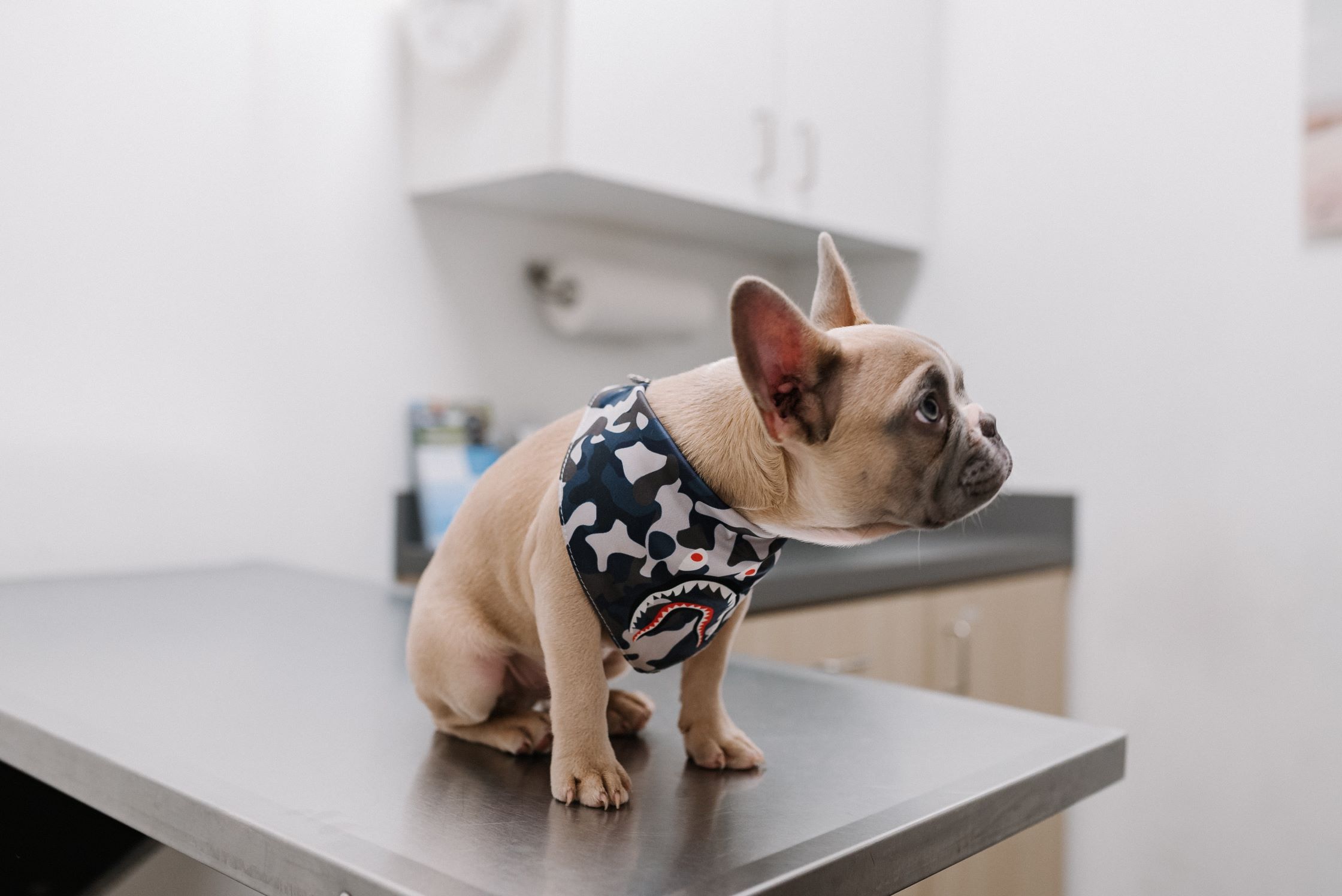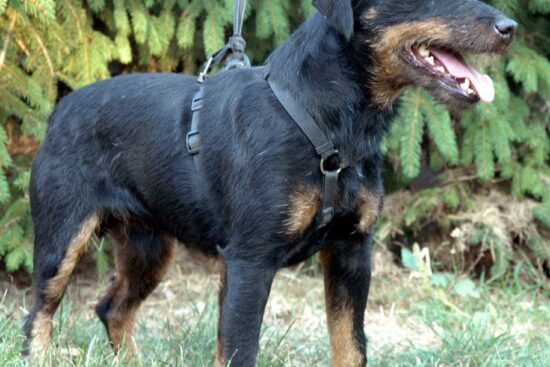
As a responsible pet owner, one of the most important decisions you’ll make is selecting the right veterinarian for your furry companion. The right vet isn’t just a medical professional; they become a trusted partner in your dog’s well-being. In this article, we’ll address key considerations in finding the ideal vet for your dog, how to distinguish between good and bad vets, and what factors to prioritize during the selection process.
How do I choose the right vet?
Choosing the right vet involves research, asking the right questions, and paying attention to your instincts. Start by seeking recommendations from fellow pet owners, friends, or local animal shelters. Look for vets who have experience with your dog’s specific breed or health needs. Evaluate the vet’s credentials and affiliations, ensuring they are licensed and a member of reputable veterinary associations.
How do you tell a good vet from a bad vet?
Distinguishing between a good and a bad vet requires careful assessment. A good vet is one who demonstrates compassion, excellent communication skills, and a genuine concern for your dog’s well-being. They take the time to listen to your concerns, thoroughly explain diagnoses and treatment options, and make you and your pet feel comfortable. On the other hand, a bad vet might rush through appointments, dismiss your questions, or overlook your pet’s emotional needs.
What is most important to you when choosing a vet for your pet?
When selecting a vet for your pet, several factors come into play. Firstly, consider the vet’s location and office hours. Accessibility in times of emergency is crucial. Additionally, assess the range of services offered – from routine check-ups to specialized treatments. Compatibility with your pet’s personality is also significant; a vet who can connect with your dog can make veterinary visits less stressful.
What should I look for in a veterinary clinic?
The veterinary clinic itself plays a pivotal role in your pet’s care. A well-equipped clinic with up-to-date medical technology ensures comprehensive diagnoses and treatments. Cleanliness and organization reflect the clinic’s professionalism. Support staff should be friendly and knowledgeable, providing seamless assistance during appointments. Consider a clinic’s emergency procedures and after-hours availability for any unexpected situations.
Conclusion
Selecting the right vet for your dog isn’t a decision to be taken lightly. Your dog’s health and well-being are at stake, and a good vet can make a significant difference in their quality of life. Look for qualities that reflect compassion, expertise, and a commitment to your pet’s best interests. By choosing a vet who aligns with your values and priorities, you’re setting the stage for a long and healthy partnership.
For more insights on canine health and care, explore our Health and Care Articles category. Additionally, be prepared for emergencies with our guide on First Aid Kit Essentials for Dog Owners.




















